Beauty News, Biocidin Botanicals
The Gut Chronicles: Understanding and Healing “Leaky Gut”
If we were to dial back time by a couple of millennia and sit down for a chat with the Greek physician Hippocrates, he’d probably tell us, “All disease begins in the gut.” Fast forward to today, and modern science seems to be nodding in agreement with him, linking nearly 90% of human ailments to an unhealthy gut.
With so much riding on our gut health, it’s crucial to understand the various issues that can plague this vital system. Enter the mysterious condition known as “leaky gut.”
Decoding “Leaky Gut”
Despite its rather unappealing name, “leaky gut” is a condition that needs our attention. So, what’s behind this peculiar name?
In the simplest terms, leaky gut arises when our intestine, which usually acts as a selective barrier, becomes more permeable than it ought to be. This allows undesirable particles, such as toxins and undigested food, to escape into our bloodstream.
The consequences? An overworked immune system, potentially leading to allergies, autoimmunity, digestive disorders, and even mood-related conditions.
Roots and Symptoms of Leaky Gut
The modern world, with its processed foods, chronic stress, and myriad toxins, sets the stage for leaky gut. Factors like a diet rich in sugar, antibiotic overuse, alcohol, caffeine, and smoking can all contribute.
While some lucky ones might escape without any noticeable symptoms, others aren’t so fortunate. They might experience bloating, gas, abdominal pain, fatigue, allergies, and heightened food sensitivities.

Diagnosing and Healing the “Leak”
If you suspect leaky gut, a healthcare professional can run tests, such as a lactulose/mannitol test or a zonulin test, to gauge the permeability of your intestines.
The road to recovery? Dietary and lifestyle changes aimed at reducing inflammation and healing the gut. Here’s a quick 10-step guide to getting your gut back on track:
- Embrace Whole Foods – Prioritize fruits, vegetables, and lean proteins while limiting processed foods, sugars, and potential allergens like gluten and dairy.
- Limit Alcohol and Caffeine – These can irritate the gut. Reducing or avoiding them can be beneficial.
- Manage Stress – Stress negatively impacts gut health. Embrace relaxation techniques like meditation.
- Probiotics are Your Friends – Found in fermented foods or supplements, these beneficial bacteria balance your gut flora.
- Feed the Good Bacteria – With prebiotic-rich foods and supplements. They help beneficial bacteria flourish.
- Relax While Eating – Digestion thrives in a calm state. Deep breathe before meals.
- Consider Digestive Enzymes – They can aid digestion and prevent undigested food from aggravating the gut.
- Address Food Sensitivities – Eliminating trigger foods can reduce inflammation and support gut healing.
- Detox Your Microbiome – Ensure a balanced and healthy gut flora.
- Prioritize Sleep – Aim for 7-9 hours nightly to promote overall and gut health.
While “leaky gut” might not be a glamorous topic, understanding it and taking proactive measures are crucial. After all, as Hippocrates wisely observed, our health truly does start in our gut. So, let’s listen to our gut and take good care of it!


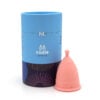

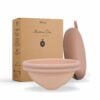















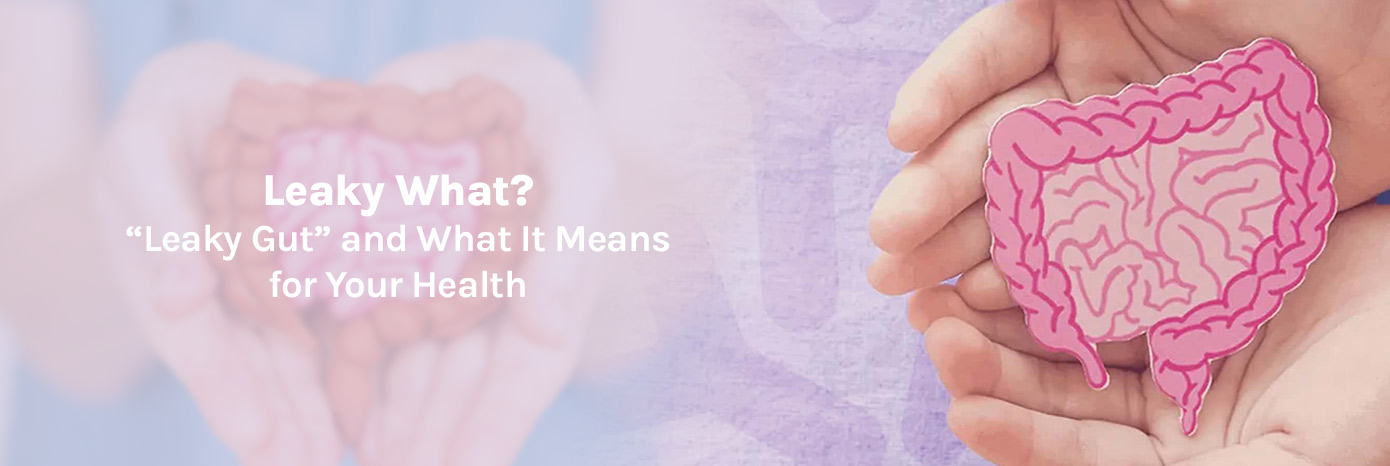
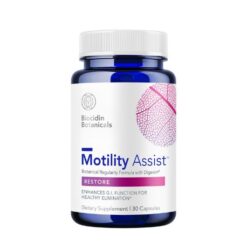
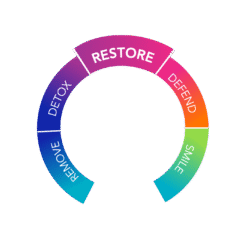
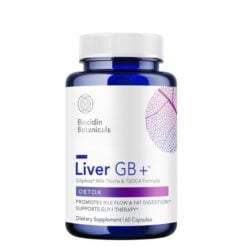
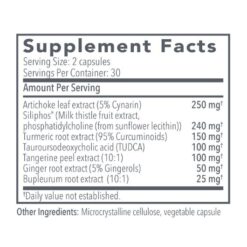


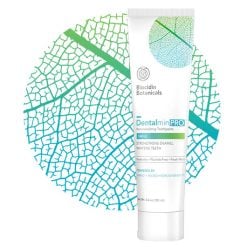
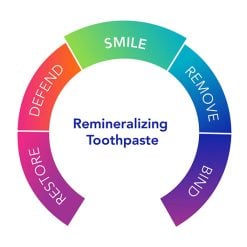
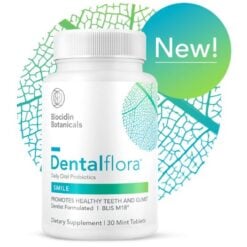
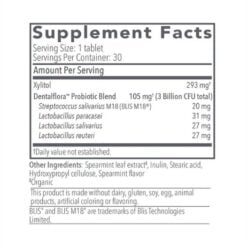


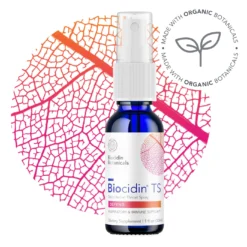



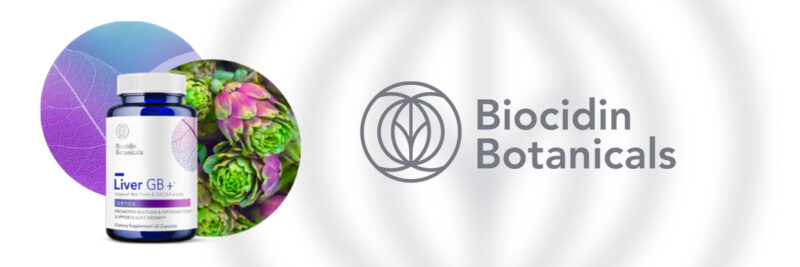






 Beauty Products
Beauty Products By Skintype
By Skintype Brands A-Z
Brands A-Z Wellness
Wellness Health / Nutrition
Health / Nutrition